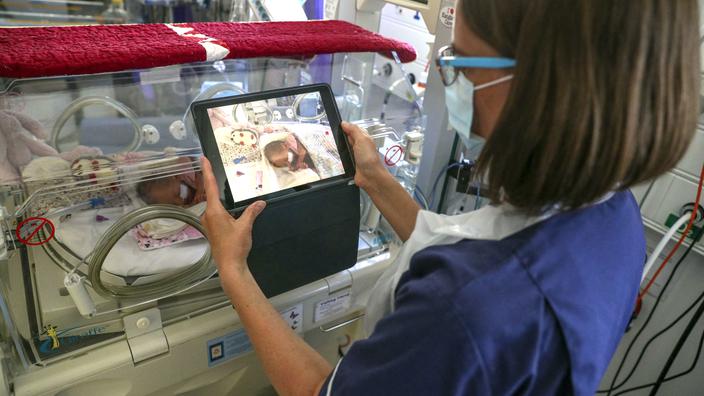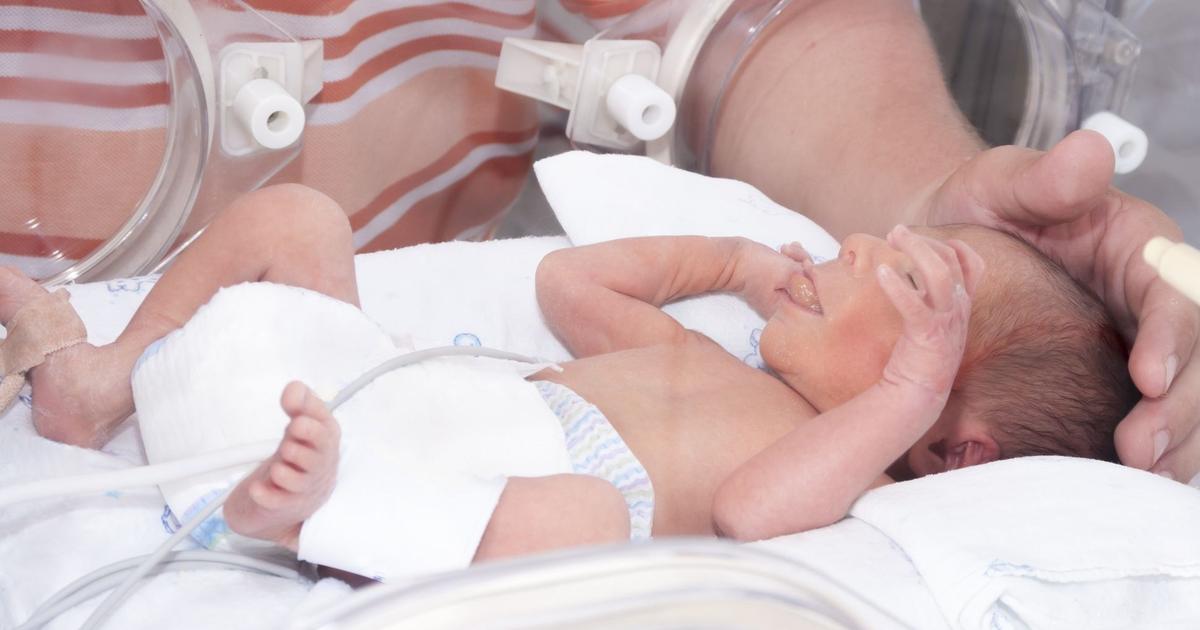At five and a half years, more than a third of children born prematurely present
"minor"
difficulties
in terms of motor (movement coordination), sensory (vision, hearing), intellectual, or behavior, not to be neglected, according to a study by Inserm.
To discover
Covid-19: instructions for use of self-tests
Read also: How to better help premature babies
Beyond severe damage (cerebral palsy, intellectual disability, etc.), these so-called minor difficulties, observed regardless of the degree of prematurity at birth, in 35% of premature babies, require appropriate care to avoid that they do not affect the daily life of the child or his learning.
Behavioral disorders (attention disorders, difficulty in controlling emotions, etc.) is the concern most frequently reported by parents, according to this French study published Thursday, April 29 in
The British Medical Journal
.
It is increasingly difficult to find professionals to support these children.
"
Véronique Pierrat (Inserm), author of the study
The study, resulting from the Epipage-2 survey, looked at the fate of 3,083 children born prematurely in 2011, their integration into school, their care and the concerns of their parents.
"The age of 5 and a half years corresponds to a key moment in the development of the child allowing in particular the diagnosis of learning difficulties and the study of cognitive skills which, before this age, are much more difficult"
, according to Pierre. -Yves Ancel (Cochin / AP-HP hospital, Paris), head of the team that carried out the study. At this age, 35% of children born extremely premature, nearly 45% of very premature babies and 55% of those born moderately premature will have a developmental trajectory close to normal, notes Inserm.
But the degree of prematurity is decisive for neurodevelopment: 27% of children born extremely premature (born before the end of the 6th month of pregnancy) have severe or moderate developmental difficulties compared to 19% of children who were very premature ( before the end of the 7th month of pregnancy) and 12% of moderately premature babies (born at the beginning of the 8th month of pregnancy).
The children were almost all in school.
But if 93% of moderately premature children were in regular classes (without specific support), this proportion only concerned 73% of children born extremely premature.
To read also: Prematurity: a specific leave for the father?
More than half of children born extremely premature received developmental support (speech therapy, psychomotricity, or psychological support, etc.) as well as a third of children born very premature and a quarter of those born moderately premature. Nevertheless, 20 to 40% of children with severe difficulties did not have support.
"We cannot accept that children and families who need help do not have access to these aids when they exist"
, noted Professor Ancel during an online conference.
"It is increasingly difficult to find professionals to support these children,"
lamented Véronique Pierrat (Inserm), first author of the study.
In France, prematurity affects approximately 55,000 births each year, of which 8,000 to 10,000 correspond to children who are very or extremely premature.









